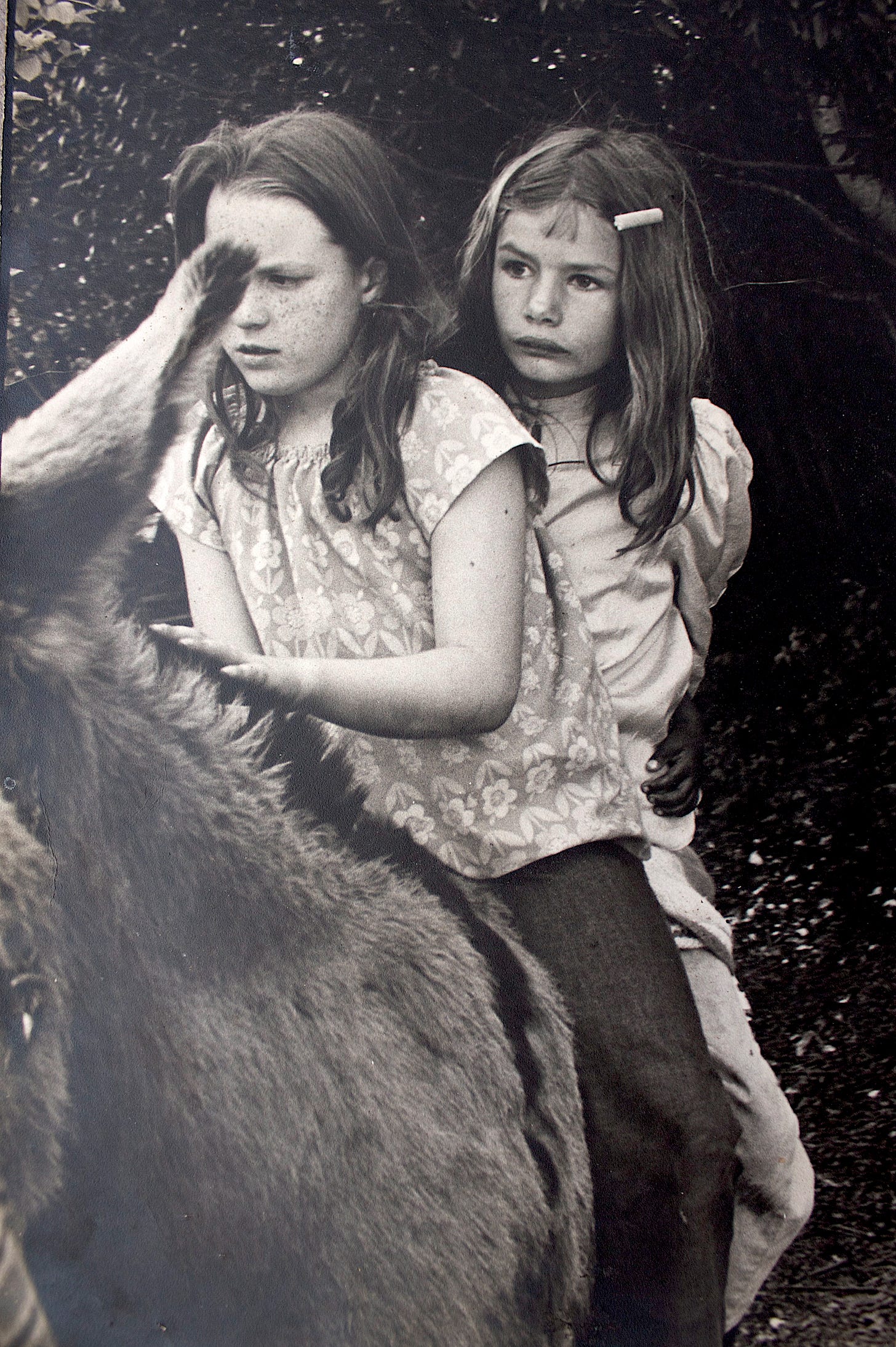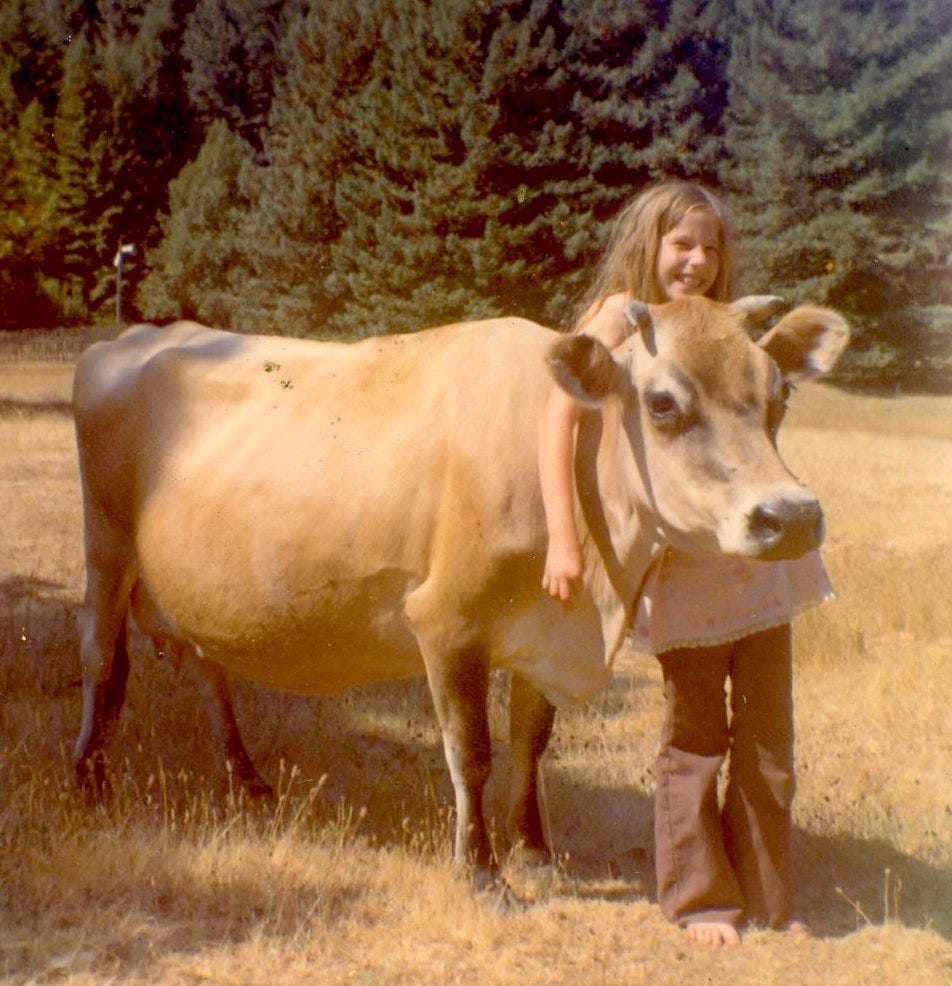
The kids of Comptche were forging friendships, but old-timer parents generally did not want their kids associating with the newcomer kids. This was noted by research participants from both sides of the cultural divide. Reasons identified by old-timer respondents were based in the perception that hippies lacked in parenting skills.
“Their children were not disciplined very well.”
Old-timer respondents who were young in the Seventies saw their hippie counterparts enjoying freedom.
“So free and so cool, without restrictions.”
“We knew they were smoking pot.”
It was pointed out numerous times that old-timers believed hippie kids did not do chores, and just “did their own thing”. Based on the data and my personal experience, I agree with the old-timer perceptions that hippie kids “did their own thing,” but disagree with the perception of irresponsibility embodied in the statement: “hippie kids didn’t do chores.”
Chores: A matter of Semantics
On the bus ride home from school, my girlfriends and I would plan to meet somewhere on horseback for an afternoon ride—after getting home and doing their chores. I felt guilty for telling what I thought was a lie, yet I always said, “Me too,” about having to go home and do chores before being allowed to ride. I recall thinking I didn’t have chores since I didn’t have to do unpleasant things like shoveling out hog pens, chasing a chicken and chopping it’s head off, or plucking it.” My mom didn’t use the term “chores”, she said, “Everyone has their responsibility.”
An unforeseen benefit in doing auto-ethnography (including myself in the study), I’ve been able to forgive myself for thinking I was lying about having to do gnarly chores, because it was assumed that we did not.
In actuality, my sisters and I were hippie kids who did chores. We cut kindling, re-filled the wood box, fed the cow, chickens, pigs, horse and pony, along with normal household responsibilities like washing dishes, cooking, baking, and monitoring pantry supplies. We learned how to can and preserve food, sew, knit, embroider. We learned how to fix things. All of my friends who were in back-to-the-land families had chores, especially relating to animal care.
The only chore-related problem at our house was the cow-milking war between my older sister Gina and me. We were to alternate the afternoon milking when we got home from school. Sometimes my turn to milk conflicted with social activities happening in the moment, like riding my horse with the girls from old-timer families—because they had horses. Among newcomer families, horses were an extravagance. Horses were also a way to get around.
If my sister and I couldn’t re-negotiate our milking days, it often resulted in obnoxious outbursts of gnashing and name-calling—underneath, it wasn’t about the cow. The cow was only the tipping point, our sibling altercations were good examples of our lack of boundaries. If we felt rage, we expressed it with physical blow-ups punctuated by foul language we picked up from Zap comics. And mom did not, perhaps could not, stop us.
Next Up: Growing up in two worlds
References for this post:
This is original research. For use, please credit:
Spicer, Lisa Gruwell, 2012. Finding Common Ground: When the Hippie Counterculture Immigrated to a Rural Redwood Community. Western Washington University.






Yet another enlightening segment of hippie kid life.